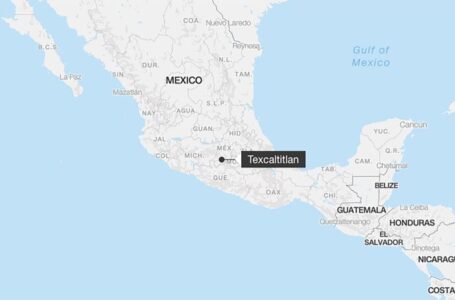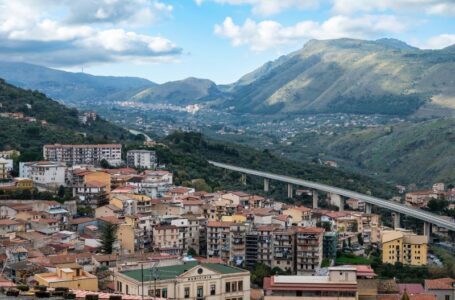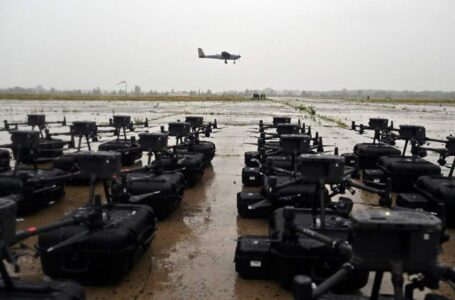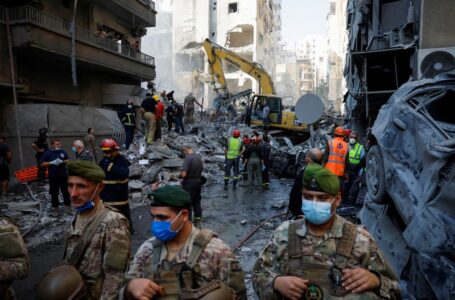A police chief in Mexico kills himself as troops try to arrest him in a corruption probe
Transport strike hits Davao
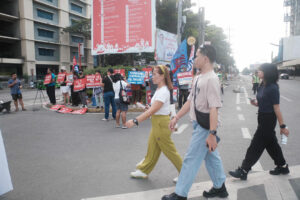

A GROUP of jeepney drivers and operators in Davao City went on strike on Wednesday to oppose the implementation of the Davao Bus Project which the group claims would phase out their traditional jeepney units in favor of modern buses.
A regional unit of the transport group Pinagkaisang Samahan ng mga Tsuper at Operators Nationwide (PISTON), called Transmission-Piston Southern Mindanao, said in a statement that the strike achieved an 80%-90% paralysis rate in some major routes in the city.
The Land Transportation Franchising and Regulatory Board-Region XI (LTFRB-XI), however, reported that the road traffic situation remained normal despite the strike.
In an interview with Transmission-Piston Spokesperson Larry Argilles, the group claimed that the modernization project will overtake the livelihoods of small PUV operators who cannot afford the cost of new buses, which is at least P2 million.
“The Davao Bus Project is anti-small operator and anti-poor,” said Mr. Argilles in Filipino. “Only the rich and big businesses with enough capital would be able to adjust to the modernization scheme.”
Apart from the city’s bus project, the transport group is protesting the year-end deadline for franchise consolidation of public utility vehicles (PUVs), a component of the nationwide PUV Modernization Program.
In a previous notice, the LTFRB-XI clarified that PUV operators and drivers in the city are not subject to the year-end consolidation deadline, as the Davao Bus Project will be implemented instead.
The P73.3-billion city bus plan known as the Davao Public Transport Modernization Project is a joint project of the Department of Transportation (DoTr), the Asian Development Bank (ADB), and the local city government of Davao, which aims to be fully operational by 2025.
Out of the said amount, 60% will be provided through an ADB loan, while the DoTr will cover the remaining 40%. The city government will also contribute an additional P1.5 billion.
The Davao City government reported that a total of 1,105 buses will be procured for the project. Nearly 400 units will be electric vehicles, and the remainder will comply with Euro-5 standard diesel buses.
For Mr. Argilles, the bus project is part of the city’s goal to set a precedent for advanced transportation in other cities. He noted that the current modernization plan comes at the expense of the livelihood of those who cannot keep up with the cost of modern transportation.
“We are not against modernization, but it should not neglect small operators and drivers,” he said in Filipino. — Jomel R. Paguian

